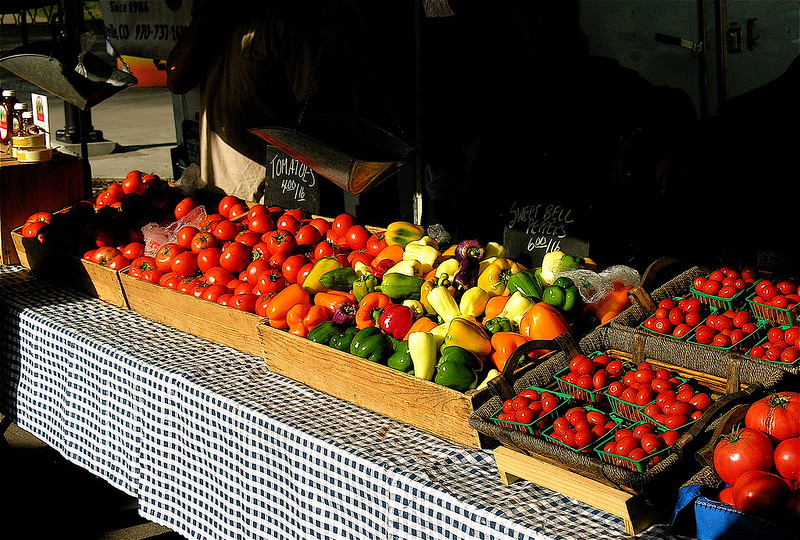
While the idea of food systems can be extraordinarily complex, it really boils down to one simple fact: Everybody eats.
“So, of course, questions around nutrition and food security and food safety affect everybody,” said Becca Jablonski, associate professor of agricultural and resource economics and Food Systems Extension Economist.
Enter Colorado State University’s new Food Systems Institute for Research, Engagement and Learning. Jablonski and Sociology Professor Michael Carolan are co-directors of the program aimed at bringing all the broad food systems work being done at CSU to one table.
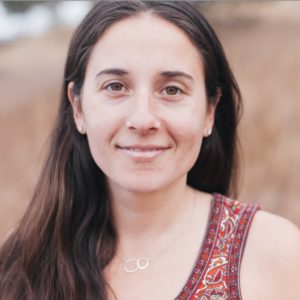
While the work behind it has been going on for almost two decades – driven by interest through the state in food systems – a formal Institute was just recently approved by Faculty Council as a new CIOSU (Centers, Institutes and Other Special Units).
“Because there is so much work happening across the University – some of which we don’t even know about – we want to identify it, help align when appropriate and compliment so we can maximize our impact,” Carolan said.
The FSI serves as the administrative home for Gov. Jared Polis’ 22-member Colorado Food Systems Advisory Council, charged with advancing recommendations to strengthen the economic, environmental, cultural and social foundations of the state’s local and regional food systems. By linking council activities with CSU research initiatives, student efforts and engagement activities, this partnership embodies the institute’s vision of multi-stakeholder collaboration, Carolan said.
In addition, current FSI efforts include work toward building rural-urban linkages – rather than looking at divides — through Colorado-based food systems, including data and modeling efforts, regional partnerships and food policies.
The institute is undertaking a University-wide needs assessment to get a better understanding of that work and how the institute could help. Part of this process includes a faculty launch from 2-5 p.m. on May 9 at Crooked Stave Taproom. The event is an opportunity to convene other food-system oriented faculty and participate in shaping how the program engages and supports faculty-led food system initiatives in research, learning and engagement.
The history of food (systems)
Food systems are the complex networks that connect natural resources, and the agricultural and food industry with the consumers and communities to which they contribute. That can include everything from local farmers markets and community-supported agriculture to more global efforts, such as fair-trade agreements. Everything involved in bringing you your food – from seed to plate.
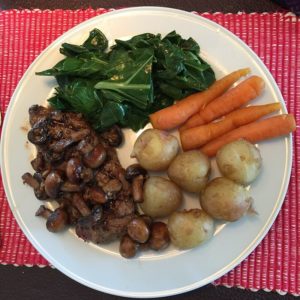
The University’s work in food systems itself has been going on for a long time. In the mid-2000s the CSU Community Development Extension team realized that about half the work they were doing was food-systems focused. That led to the food systems extension team splitting into its own group.
For Jablonski, it was interesting that CSU’s food-system work really emerged from the field, ultimately leading to the creation of a campus-based faculty.
“When I arrived in 2014, small interdisciplinary food systems teams on campus had recently been awarded funds from One Health and the School of Global Environmental Sustainability,” she said. “To my knowledge, this is the first time the campus researchers had been provided internal funds to work together on food systems challenges and opportunities.”
“Colorado has a long history in connecting agriculture, food systems and health,” said Vice President for Engagement and Extension Blake Naughton. “Food unites us in the state and as individuals. That’s why the work of the Food Systems Institute — engaging in communities here in Colorado and beyond our state — is so important as it continues to build networks and engage in conversations around food access and security that matter to us all.”
As to be expected when bridging a group that intersects with everything from agriculture to sociology to economics, there were a few years of “growing pains,” Carolan said.
“A project like this needs at least a 10-year runway because no department, no college, no unit can ever claim to own food systems,” he said. “So, it’s one of those things that you have to really be careful with and take your time with to build these networks and trust so that everybody feels like they have a stake in it.”
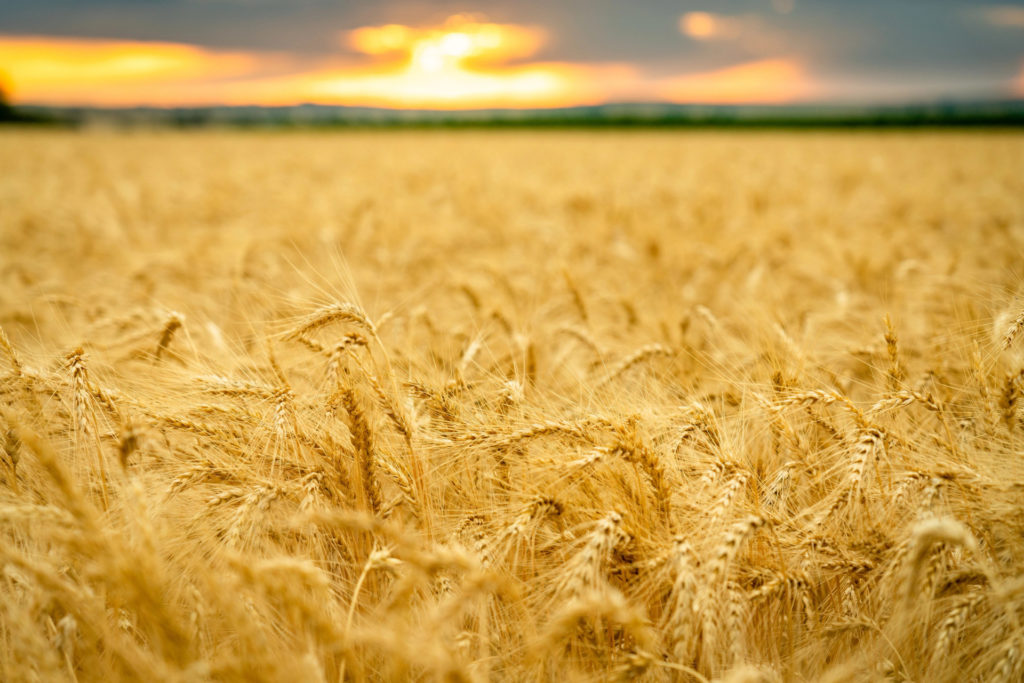
Becoming a CIOSU
Getting the CIOSU is about a lot more than just getting a formal title. Creating an institutional structure will allow additional avenues of support, Jablonski said. That will allow the institute to be more efficient and more impactful in the work that it does here on campus and throughout the state.
“We want to start from home and think about how we can best provide support to the stakeholders of Colorado, as well as to our incredible Extension agents throughout the state, making sure that those feedback loops are there – motivating our research and then going back into the field,” she said. “We’re also trying to make sure that everybody understands how they fit within the food system, what we have in common and how we can work together to build trust so that we can come to solutions that are better for more of our stakeholders.”
The Food Systems Institute also helps complete the food-energy-water research nexus on campus, joining CSU’s Energy Institute and Colorado Water Center, Jablonski said.
And with so many current events having a massive global impact on food systems, this kind of work is more important than ever, Carolan said.
“There have just been so many disruptions from COVID to the war in Ukraine that have really highlighted the need to rethink what an efficient and effective food system looks like,” he said. “Because what used to be considered efficient and effective has turned out to be really brittle during these times of crises. And if the last two years have told us anything, it’s that the future is going to have even more disruptions.”
Next steps
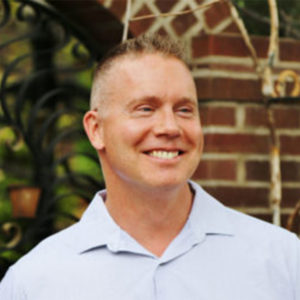
Identifying all the potential food systems research currently happening and in the planning stages is a big part of the institute’s next steps. So is identifying stakeholders, Carolan said.
“That’s something that we’ve been leaning into,” he said. “Particularly talking about rural urban connections as we’re also thinking about food systems and making sure that our stakeholders consist of folks from both of those spaces dealing with issues of agroecology as well as food access and food security.”
It’s an ideal time with the opening of the new CSU Spur campus in Denver, as well as rural initiative efforts through the Office of Engagement and Extension, Carolan said, adding, “It seems like now is the time to really be intentional and strategic as we move forward, and think about food systems efforts at CSU, particularly in the shadow of the Courageous Strategic Transformation process.”